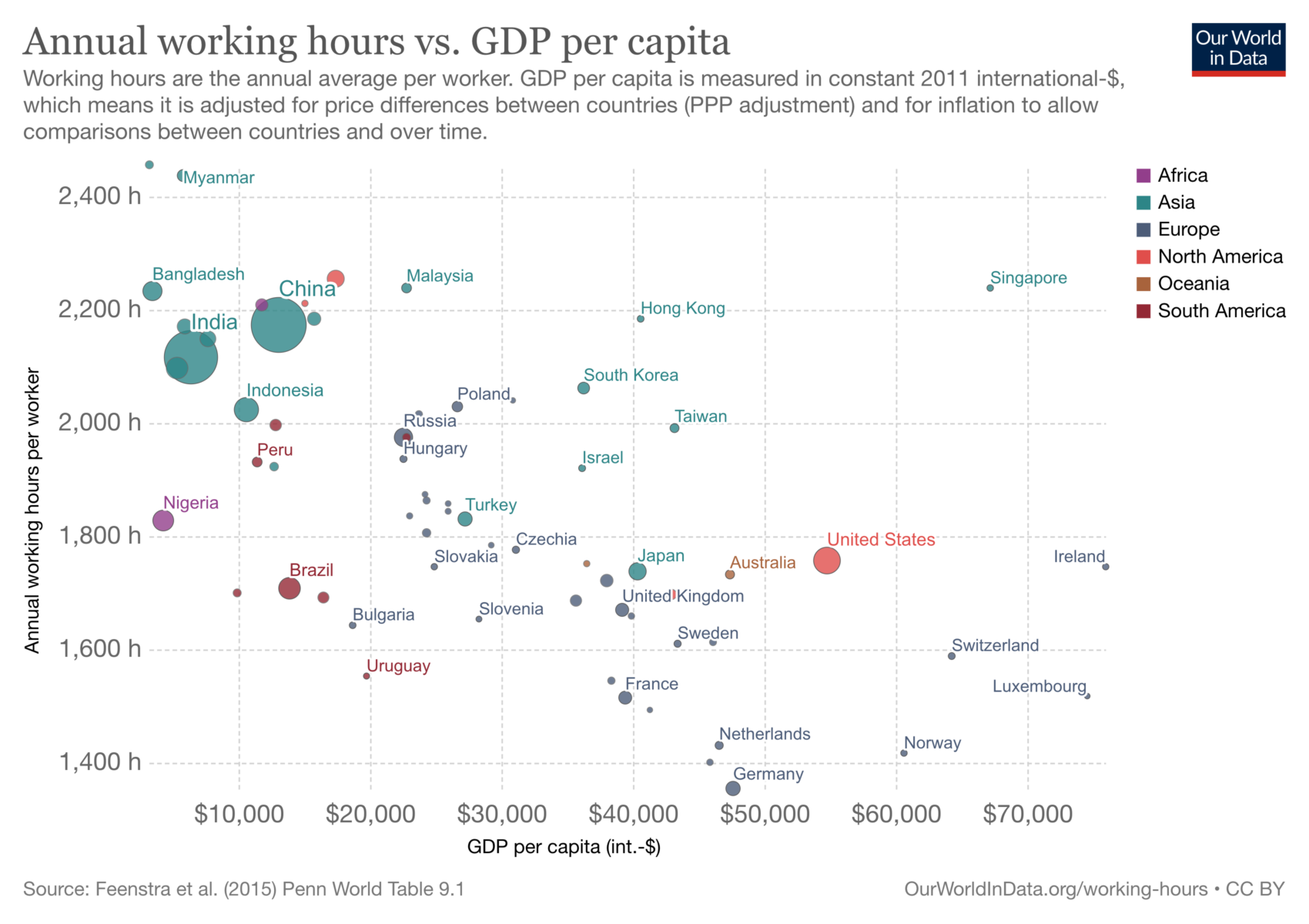My morning train WFH reads:
• 2020 was a time warp Was it a year, a day, or a millennium? Time itself has felt different this year, our relationship with it altered significantly by the pandemic. Whatever comfort we once derived from considering the past is gone. Now it’s a stark reminder of all that we had, all that we took for granted, and what we must still reckon with — that our future is not likely to look like what we’re used to. Science offers clues as to why. (Vox)
• A Short History of Chasing The Best Performing Funds Size is the enemy of outperformance. Investors now piling into top performing funds will almost certainly underperform the actual fund’s performance. Investors don’t have a great track record when it comes to chasing the hottest fund of the day. We’ve seen this movie before — it ends with a behavior gap. (Wealth of Common Sense)
• That Active Fund You Love? Its Success Might Just Be Luck. Strong performance of actively managed funds can be the result of managers’ excellent skills—or pure luck. One way to tell is to look at how consistent the success is: Genuine skills tend to persist, while luck doesn’t. (Barron’s)
• Commercial Real Estate’s Pandemic Pain Is Only Just Beginning Collateral damage has the potential to ripple far beyond building owners and their tenants. Commercial property underpins the tax base in many cities across the U.S., and a downturn could pummel local budgets. As loan losses mount, the slump could also put stress on the banking system. (Bloomberg)
• “Amazon is the new mall.” Investors pour $1bn into buying up small merchants on Amazon Independent merchants on Amazon’s vast marketplace will make more than $200bn of sales this year, and tens of thousands of them have revenues of more than $1m a year. That has created an opportunity to roll up dozens of the emerging winners and scale up their businesses. (Financial Times)
• Facebook’s Laughable Campaign Against Apple Is Really Against Users and Small Businesses Touting itself as the protector of small businesses, Facebook’s campaign is an attempt to distract you from its record of anticompetitive behavior and privacy issues as it tries to derail iOS pro-privacy changes from Apple that are bad for Facebook’s business. (Electronic Frontier Foundation) see also Apple Somehow Survived, Nay Thrived, After Not Buying Tesla Since the start of 2018, Tesla’s market cap has risen more than 10x, or $550 billion. Apple’s is up a mere 2.5x, or just $1.4 trillion. (Bloomberg)
• Why we’re posting about misinformation more than ever It’s become common for people across the political spectrum — and even noted spreaders of misinformation — to invoke the term “misinformation” to try to discredit facts and narratives they don’t like. The term has become a shorthand for dismissing political opponents in the polarized war over truth that’s being fought online. (Recode)
• Hollywood changed this year. Some things will never go back to the way they were This has been the craziest, most unpredictable and momentous year in the history of the film industry. The pandemic compressed perhaps as much as ten years of change into one year. (CNN)
• The Definitive Analysis Of ‘Love Actually’ “Love Actually,” the 2003 film that launched a generation of cinematic hot takes, is the story of nine interconnected relationships in the weeks ahead of Christmas in the United Kingdom. It has a plotline for every moment in your relationship, from first crush to the grave, and the story covers all the holiday season staples. (fivethirtyeight)
• Why Americans are numb to the staggering coronavirus death toll Death is now everywhere and yet nowhere in America. We track its progress in daily bar graphs. We note its latest victims among celebrities and acquaintances. Yet, in many parts of America, we carry on — debating holiday plans, the necessity of mask mandates, how seriously to take the virus, whether it’s all a hoax. (Washington Post)
Be sure to check out our Masters in Business interview this weekend with Jeff Poggi, co-CEO of McIntosh Group, manufacturer of audiophile components widely regarded as among the finest in the world. Despite the pandemic, the company notched their best sales year in their 70-year history.
Do workers in richer countries work longer hours?

Source: Our World In Data

